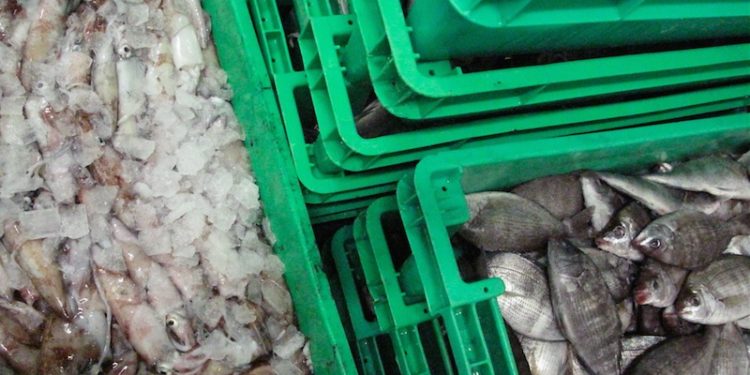European fishing associations have met in Brussels to set up a European Fisheries Alliance ahead of the UK’s expected departure from the European Union, establishing an alliance that represents fishing interests from European coastal states.
The new grouping plans to present its plans to safeguard access to British waters following Brexit to the EU Parliament’s fisheries committee in the near future, with representatives of Danish, Swedish, Polish, Spanish, French, Dutch, Belgian and Irish fishing organisations that are thought to be those likely to be directly affected by the UK’s leaving the EU.
The European Fisheries Alliance believes there is a high level of interdependency between the UK and the 27 EU nations, with UK waters accounting for a third of EU fleet landings, based on 2015 figures, although this can rise to a significantly higher figure in some instances.
Both European and UK fishermen stand to lose out if the Brexit negotiations are not handled carefully, with the meeting reminded that a hard Brexit with EU vessels rigorously excluded from UK waters would result in a hard Europe – which is the destination for the bulk of landings in the UK.
The point was made that under WTO rules, which Britain could face having to operate under if no deal is reached with the EU before leaving, there would be a 30% tariff on UK fish exported to the EU.
The European Fisheries Alliance states that it is making efforts to prevent the UK-EU divorce from threatening an industry that it claims is worth more than €20 billion annually, by setting out its proposals for the long-term implication for the European fishing sector as a whole.
In France, Alain Vidalies, France’s minister for the Environment, Energy and Maritime Affairs, has brought together stakeholders from regional and government, fisheries committees, POs, unions and others to discuss the implications of Brexit.
This meeting highlighted how dependent some sectors of the French industry is on access to UK waters and the impossibility of switching effort to other areas, which would result in displaced effort threatening the balance between fishing fleets and the sustainability of resources.
Alain Vidalies ended this meeting by stressing the importance of maintaining the unity of the French fisheries sector, and commented that both the President and the Prime Minister have confirmed that fisheries are a priority in forthcoming negotiations









